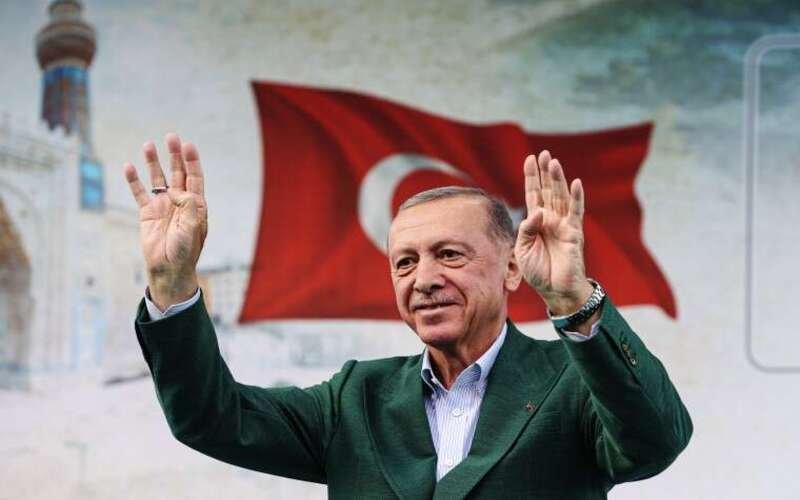Turkey’s Erdogan to swear in, name a new cabinet. After winning re-election last weekend, Tayyip Erdogan will be sworn in as Turkey’s president on Saturday and appoint his cabinet, which may revise his unorthodox economic policy.
Turkey’s longest-serving leader, Erdogan, won the May 28 runoff with 52.2%. Despite a cost-of-living problem, his electoral triumph defied most polls.
Erdogan’s new five-year term permits him to continue autocratic measures that have polarized NATO member Turkey and enhanced its military capability.
Erdogan will take his oath in the general assembly in Ankara on Saturday at 3 p.m. (1200 GMT) after the new parliament convened on Friday.
According to the state-run Anadolu Agency, high-ranking officials from 78 countries and international organizations, including NATO Secretary-General Jens Stoltenberg, Venezuelan President Nicolas Maduro, Hungarian Prime Minister Viktor Orban, and Armenian Prime Minister Nikol Pashinyan, will attend the presidential palace ceremony.
Erdogan will name ministers tonight. Reuters reported earlier this week that his new cabinet would likely include former economy head Mehmet Simsek, signaling a return to economic conservatism and interest rate hikes.
Investors admired Simsek as finance minister and deputy prime minister from 2009 to 2018. He might play a major role today, reversing years of policy based on low-interest rates, massive inflation, and state control of markets.
After winning an election in late 2002, Erdogan, 69, became prime minister in 2003.
After winning additional executive powers in a 2017 referendum, he was re-elected in 2018.
The opposition was certain of toppling Erdogan and overturning several of his policies, including proposing significant interest rate hikes to combat inflation, which was 44% in April.
Erdogan said Turkey’s biggest problem was inflation, which reached 85% last year before receding.
Given dwindling foreign reserves, an increasing state-backed protected deposits system, and unanchored inflation expectations, analysts warn of economic catastrophe if current policies continue. After the vote, the lira fell to new lows.

































Comment Template